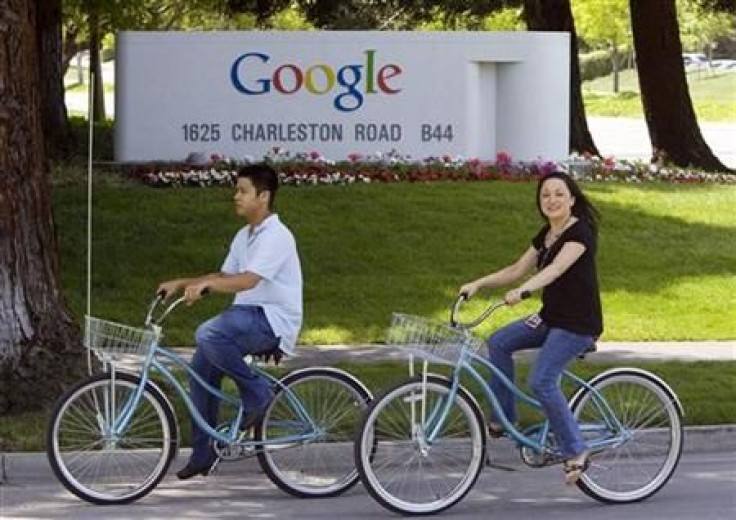Google-Motorola Mobility Deal May Benefit Google TV

Google Inc. (NASDAQ:GOOG) has agreed to buy Motorola Mobility Holdings Inc. (NYSE:MMI) for $12.5 billion or $40 a share in cash, valuing each essential at about $20 million, to defend its Android ecosystem. The acquisition may also benefit Google TV, Jefferies said in a note.
Motorola represents about 11 percent of Android phones. Meanwhile, Google did emphasize that Android will remain an open-source platform and that Motorola Mobility will be run as a separate business.
The acquisition was aimed primarily at obtaining patents for the Android, a move to ward off competition from Apple Inc. (NASDAQ: AAPL), Microsoft Corp. (NASDAQ: MSFT) and other companies.
The consortium led by Apple and Microsoft recently acquired over 6,000 patents from Nortel Networks for $4.5 billion. Motorola Mobility has over 17,000 patents issued worldwide and about 7,500 pending approval. Further, the strengthened patent portfolio also significantly lowers the risk of higher licensing fees on Android device manufacturers, Jefferies said.
"Despite a hefty price tag of $12.5 billion, we view the deal positively for Google, given Android's success-to-date and the growth opportunity in mobile ads and commerce," said Youssef Squali, an analyst at Jefferies.
"Of the 17,000 patents and 7,000 patents pending acquired by Google, we have identified about 500 essential 3G and 4G patents. This implies that each essential patent is worth approximately $20 million," said Peter Misek, an analyst at Jefferies.
"We see the value as full and fair for the entire patent portfolio and as such we see competing bids as a low probability event. We believe Google is also interested in leveraging Motorola Mobility's Home segment for Google TV," said Misek.
Google commented that it would capitalize on the convergence of the mobile and home environment. Misek believes there are synergies between the company's Google TV and Motorola Mobility's set-top box business.
Arguably, Motorola Mobility's presence in the home entertainment segment with its TV set-up box business and relevant set of patents should help growth of other Google units such as Google TV and YouTube.
Squali said Google's ownership of Motorola Mobility should spur more innovation in this segment and help bring Internet-enabled solutions to the living room.
Squali believes that Google is paying about $9.5 billion for Motorola Mobility's patents, assuming $3 billion in value for Motorola Mobility's home and devices businesses. This implies $560,000 per Motorola Mobility patent versus $700,000 that Apple/Microsoft consortium paid per Nortel patent.
"We believe Google was willing to pay a higher price for the intellectual property (IP) portfolio because of possible synergies with the Home segment. According to Business Insider, Microsoft was only interested in Motorola Mobility's patents and had no interest in the other pieces," said Misek.
Motorola Mobility was formerly Motorola's mobile device and home entertainment unit. The mobile devices portfolio includes Android smartphone devices, tablets, and Bluetooth accessories. The home portfolio includes video, voice, and data solutions for service providers' networks to the home, in the home, and beyond the home.
© Copyright IBTimes 2024. All rights reserved.











